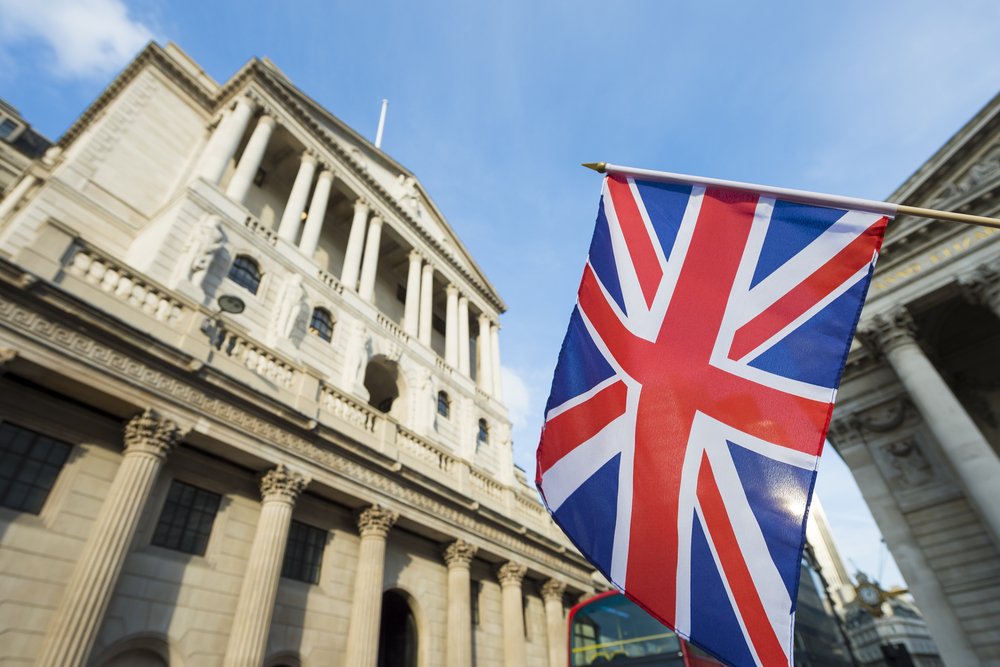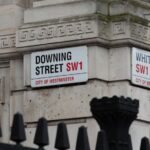With all three central banks across our major currency zones all expected to raise interest rates this week, you may have heard terms like “hawks”, “doves”, “bulls” and more commonly “banks”. In this article we explain all you need to know for the week ahead.
You may have heard the term “Bull market” in recent weeks but if you haven’t, we’ll keep you up to date. In short, a bull market is where prices are on the rise. Right now with Central Banks continuing to increase interest rates to tackle the issue of inflation, markets seem more bullish than usual. While inflation in the eurozone and US seems to be cooling down, it is still way above targets. For the UK, inflation is now at a 40-year high and still a major problem for the Bank of England.
This week the Bank of England, the European Central Bank and the US Federal reserve will each decide on their interest rates. The markets predict that all three zones will raise their rates by 50 basis points this time and the overall tone has seemed to switch from hawkish to dovish.

Hawks: Tighter policy to rein in inflation
Hawks: Tighter policy to rein in inflation
What do we mean by hawks Vs doves? Well, there are two main stances economists, investors and members of the Bank’s committees can take when it comes to monetary policy. They will either fall under the category of a hawk or a dove. “Hawks” are those who tend to want tighter monetary policies to temper inflation and growth. For example, in September, the Bank of England took a hawkish stance towards the UK’s monetary policy with its sixth consecutive rate hike, plus monetary tightening to curb inflation.

Doves: Looser policy to boost economic growth
Doves: Looser policy to boost economic growth
On the other hand, the “doves” tend to want looser monetary policy to support growth and inflation. An example of this can be seen in last Wednesday’s comments from the US Federal Reserve’s Chair Jerome Powell, who said, “The Federal Reserve may scale back the pace of its interest rate hikes already in December”. Powell originally displayed a hawkish stance when inflation was at its worst, but with the rates now cooling down, he has become more dovish in his approach to monetary policy.
Powell also said, “It makes sense to moderate the pace of our rate increases as we approach the level of restraint that will be sufficient to bring inflation down. The time for moderating the pace of rate increases may come as soon as the December meeting.”

The Bank of England
Who decides the rates? Monetary policy committees 101
Each Central Bank has a committee who is responsible for reviewing economic and financial conditions, voting on the Bank’s interest rates and determining which stance the bank will take on monetary policy and assessing the risks to its long-term goals .These committees also deliver speeches and direct other important aspects of the government’s monetary policy framework.
BoE’s Monetary Policy Committee
The UK’s Monetary Policy Committee (MPC) is made up of is made up of nine members – the governor and the three deputy governors, one for monetary policy, another for financial stability plus one for markets and banking. There is also the chief economist and four external members appointed directly by the chancellor.
In its November monetary policy meeting, The BoE voted by a majority of 7-2 to raise interest rates by 75 basis points to 3%. This was the highest rate hike the UK has seen in over three decades, pushing UK borrowing costs to their highest levels since late 2008.
ECB’s Governing Council
The Governing Council is the main decision-making body of the European Central Bank (ECB). It consists of the six members of the executive board, plus the governors of the national central banks (of the 19 eurozone countries).
In its October meeting, the ECB raised its interest rate by 75 basis points, bringing borrowing costs to the highest in over a decade. In the upcoming decision this week, the ECB is expected to maintain its hawkish stance against inflation and therefore continue normalizing and tightening monetary policy.
Fed’s Federal Open Market Committee
The Federal Open Market Committee (FOMC) consists of twelve members. These are, the seven members of the board of governors of the Federal Reserve System: the president of the Federal Reserve Bank of New York plus four of the remaining eleven Reserve Bank presidents, who serve one-year terms on a rotating basis.
In its November meeting, the FOMC voted unanimously to raise the interest rate by 75 basis points. This was the sixth consecutive rate hike in the Fed’s Hawkish approach to taming soaring inflation.
How this week’s Bank decisions will impact your budget
A change in rates will impact everyone differently across the economy and wider markets. For example, if you’ve saved up a sizeable deposit for your sea-front home in Spain then you could be in luck if banks are more hawkish, and the rates go up to curb inflation. This is because banks will pay you more according to the amount you have saved. However, if you’re borrowing and the rates continue to increase, this will mean higher costs on your budget.
If you’re buying property overseas and are worried about how the change in interest rates could affect you, why not reach out to one of our personal traders today on 020 7898 0541? They’ll help you utilise our expertise to offer bespoke services that best suit your situation.





















